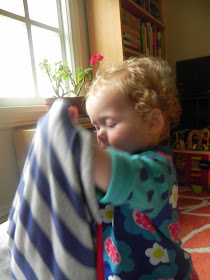

Front view and back view of a printed bookmark I came upon today inside a heavy old volume on a shelf in a shadowy third-floor section of the library where I work. The Vico-Matic Automatic Coin Operated Copy Machine (manufactured by Federal Division, The Victoreen Instrument Company) clearly qualified in its day as quite a marvel, able to copy whole pages of books! No more of that cumbersome, longhand note-taking! "The Librarian Will Direct You to The Machine."
Apparently the word "photocopier" had not been invented when this eloquent bookmark was conceived. The novel inside which I found it had not been checked out since the 1970s -- and my pasteboard artifact had very likely rested there undisturbed for the past 30 years or more, patiently waiting to be re-discovered.

But nobody cares about this book nowadays. Yawning Heights, it is called (in English translation) -- an anti-Soviet protest novel of 828 pages by Aleksandr Zinovyev (1922-2006). There must be thousands of these passionate, anti-totalitarian gospels in existence. And most of them would seem to have been translated into English, not due so much to any particular literary merit, but because they served so well as ready-made anti-Russian propaganda during the Cold War. Useful they may have been, but also doomed to become obsolete in a generation or two, like most social-protest art. Today it is almost impossible to imagine that anybody (except the occasional, curious librarian) would want to pick up one of these formerly urgent stories.
















































